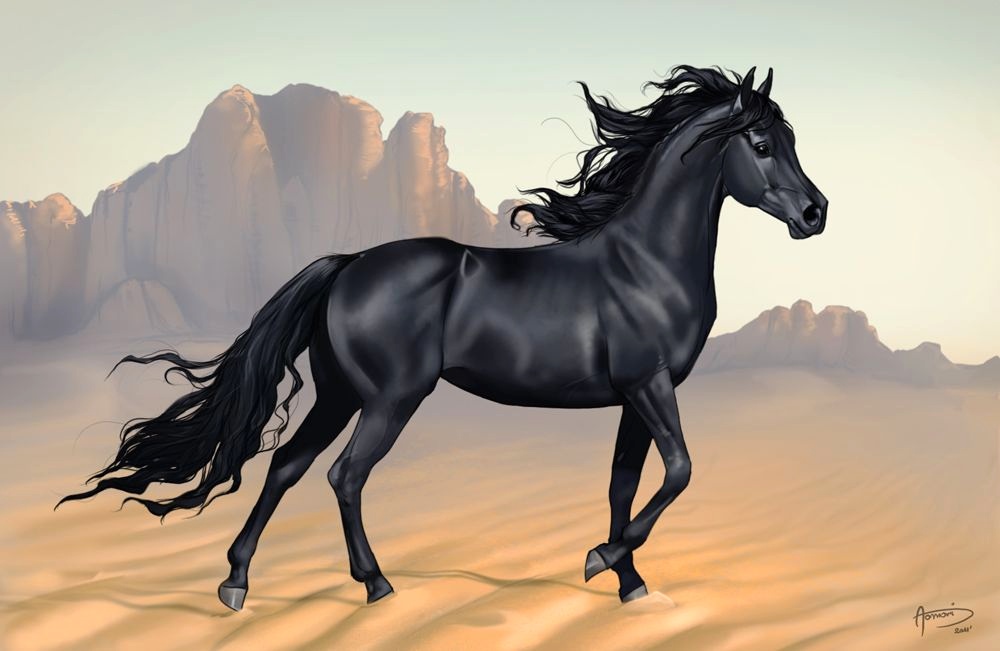It is often said that horses are capable of forming strong bonds with humans and other animals, leading many to wonder if they are capable of experiencing love. While there are many scientific studies that discuss the different types of emotions that horses can experience, there is still much debate over whether or not they can experience love. In this article, we will explore the evidence that suggests that horses are capable of feeling love and other strong emotions.
The Science Behind Horse Emotions
There is a great deal of scientific evidence that suggests that horses are capable of experiencing a range of emotions. Studies have shown that horses can recognize and form strong bonds with humans and other animals, and that they are capable of expressing joy and other positive emotions. They can also experience stress, anxiety, and fear.
In addition to these basic emotions, recent research suggests that horses can experience more complex emotions, such as empathy and love. For example, a study by the University of Sussex found that horses can form strong social bonds with humans and other animals, which can be indicative of love.
Horse Behavior
There is also considerable evidence that suggests horses are capable of feeling love, based on their behavior. Horses are known for forming strong bonds with humans and other animals, which can be seen in their interactions and body language. Horses have been known to greet their owners when they come home, and to show signs of excitement when they are reunited after a period of separation.
Horses also show signs of distress when they are separated from their owners or other animals with whom they have formed a bond. This can manifest in the form of restlessness, loss of appetite, and depression. Horses have also been known to grieve when a loved one has passed away, and to show signs of joy when they are reunited with their owners.
Horse Physiology
The physiological evidence for horse emotions is also compelling. Studies have shown that horses have an array of hormones that are associated with strong emotions, such as oxytocin and vasopressin. These hormones are released when horses are interacting with humans and other animals, and can be indicative of the bond they have formed.
Furthermore, recent research has shown that horses can experience a range of psychological states, such as fear, joy, and sadness. This suggests that horses are capable of feeling a broad range of emotions, including love.
Conclusion
In conclusion, there is a great deal of evidence that suggests horses are capable of feeling love and other strong emotions. Horses are known to form strong social bonds with humans and other animals, as well as to show signs of distress when separated from them. They also have an array of hormones associated with strong emotions, and can experience a range of psychological states. All of this suggests that horses are indeed capable of feeling love.



